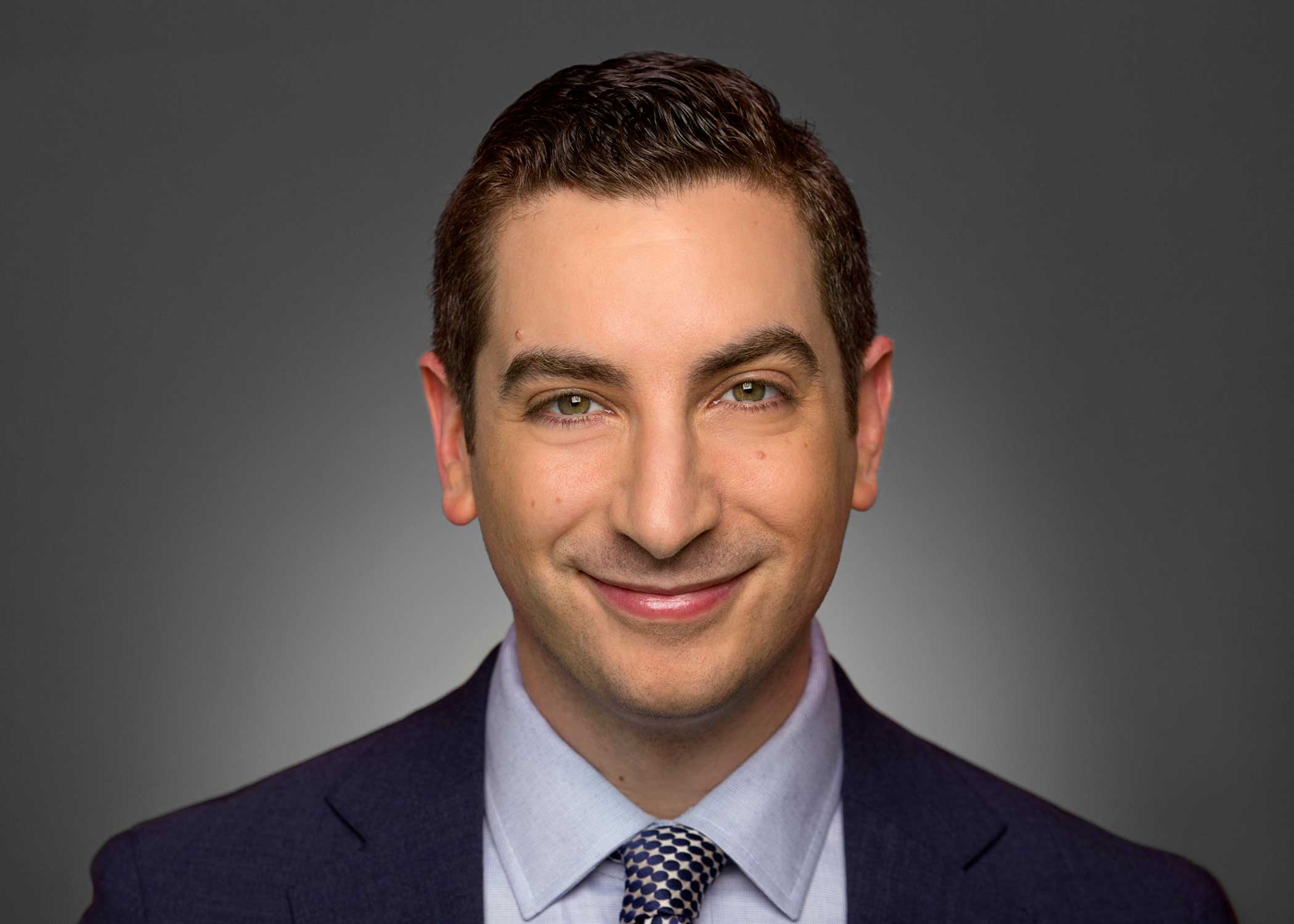Anticipated Effects of the U.S. Supreme Court’s Eradication of Chevron Deference on Employment Agency Rules
Last Friday, in Loper Bright Enterprises v. Raimondo, the United States Supreme Court overruled a 40-year-old judicial deference doctrine known as “Chevron deference,” named after the 1984 Supreme Court ruling in Chevron v. Natural Resources Defense Council, which instructed courts that they should defer to federal administrative agencies’ readings on ambiguous laws. Specifically, the Supreme Court found that it could not reconcile the Chevron doctrine with the Administrative Procedures Act (enacted by Congress in 1946,), a federal statute which upholds judicial review of federal agency rule-making. Under the Supreme Court’s new ruling in Loper, while courts may still consider a federal agency’s interpretation of a law in considering the meaning of ambiguous text (often referred to as the Skidmore doctrine) they are no longer required to defer to the agency’s interpretation.
While the Supreme Court majority made clear in Loper that all decisions relying on Chevron remain good law for now, and are not subject to overrule merely because they relied on Chevron, the abolishment of the Chevron deference is bound to have a profound impact on how courts tackle administrative body legal interpretations moving forward, including those that focus on employment and labor related matters, such as the Equal Employment Opportunity Commission (EEOC), Occupational Safety and Health Administration (OSHA), Department of Labor (DOL), and National Labor Relations Board (NLRB). Historically, agencies such as those have defended their rules interpreting regulations based on the Chevron deference, making their interpretations of employment and labor laws difficult to challenge. Now, with the eradication of Chevron, there may be more litigations seeking to challenge the agency interpretations of rules, since the challengers will have a greater footing in seeking to overturn agency interpretation, and current and ongoing legal challenges to such rules will have a greater footing as well.
By way of example, currently litigations are underway in the courts to challenge the new EEOC final rule interpreting and implementing the Pregnant Workers Fairness Act (PWFA) that went into effect last year. The PWFA requires employers to offer reasonable accommodations for employees or job applicants for “known limitations” tied to pregnancy, childbirth, or related medical conditions, unless an undue hardship is created as a result for the employer. Specifically, legal challenges have mounted to the EEOC’s final rule interpretation of the law that a person’s choice to have an abortion qualifies as a medical condition that falls under the PWFA’s purview. Following last week’s Supreme Court holding, moving forward the courts will not be required to defer to the EEOC’s interpretation of the PWFA with respect to abortions. Further, other challenges to the EEOC’s other interpretations of the PWFA could be in greater jeopardy as well, including, for example, what other conditions the EEOC has ruled are covered by the law as “related medical conditions” tied to pregnancy or childbirth, including lactation, infertility, fertility treatments and miscarriages.
Similarly, other new agency rules affecting employment are expected to be challenged more significantly under the Loper decision as well, such as the recent Federal Trade Commission rule that held that non-compete agreements, with limited exceptions, are illegal. While the day to day operations and enforcement activities of employment and labor related federal agencies will unlikely be disrupted, especially where Congress has expressly delegated and authorized such agencies to act, the flood gates of legal challenges may very well open with respect to many of the agencies’ interpretations, causing further question and likelihood that particular rules protecting employees and job applicants will be struck down by the courts.
 This article is intended as a general discussion of these issues only and is not to be considered legal advice or relied upon. For more information, please contact RPJ Partner Ethan Krasnoo who counsels clients in areas of complex commercial litigation, arbitration, mediation and dispute resolution, and employment, intellectual property, and entertainment and media. Mr. Krasnoo is admitted to practice law in New York, the United States District Courts for the Southern and Eastern Districts of New York, the United States Court of Appeals for the Second Circuit and United States Tax Court.
This article is intended as a general discussion of these issues only and is not to be considered legal advice or relied upon. For more information, please contact RPJ Partner Ethan Krasnoo who counsels clients in areas of complex commercial litigation, arbitration, mediation and dispute resolution, and employment, intellectual property, and entertainment and media. Mr. Krasnoo is admitted to practice law in New York, the United States District Courts for the Southern and Eastern Districts of New York, the United States Court of Appeals for the Second Circuit and United States Tax Court.

